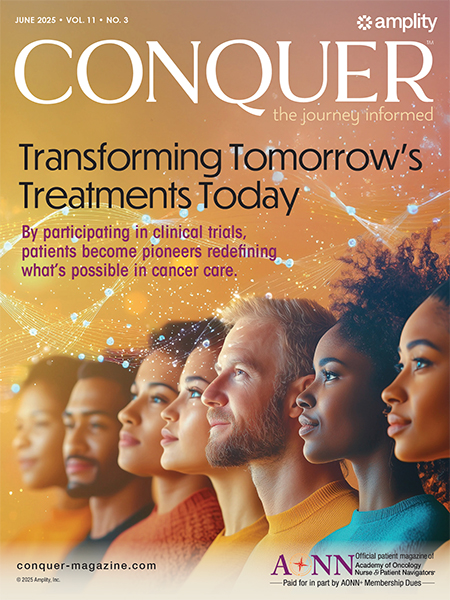Abstract Review Criteria
Title: Title should have relevance to oncology navigation
Identification of problem you are trying to solve: This significantly clarifies the current situation by specifically identifying the problem and its severity, location, and financial impact. It also serves as a great communication tool, helping to get buy-in and support from others. When problem statements are well written, people readily grasp and understand what you’re trying to accomplish. It is important to include baseline data and any benchmarking data available.
Research Method: Exploring an area of practice that aims to answer a question, improve outcomes and to expand the body of knowledge- examples: quantitative, qualitative or mixed methods. Research and evaluation both answer a question, use data to determine answers. Research is hypothesis generating or validating and evaluation is understanding the impact of the program and tends to be more process oriented or quality improvement.
Evidenced Based: The strength in which the study utilized current clinical evidence from systematic literature review
Practicality/Impact: The work enhances the foundation for clinical practice or stimulates thinking about practice applications to improve patient navigation or navigation program outcomes
Organization: Overall, the work is readable and accurately presented and conclusions valid and refer back to the objective
Comprehensive: Abstract speaks to the background, purpose, methods, results and conclusions
Conclusion: Major findings are based on data presented with interpretations, implications and recommendations with reference back to the objective
Thank You to Our Corporate Sponsors and Alliance Partners!

Major Corporate Sponsor

Patron Corporate Sponsor

Patron Corporate Sponsor

Patron Corporate Sponsor

Industry Relations
Council Member

Industry Relations
Council Member

Industry Relations
Council Member

National Alliance Partner

National Alliance Partner

National Alliance Partner

National Alliance Partner

National Alliance Partner

National Alliance Partner
Privacy Notice | Terms of Use
© 2009- DBA AONN+ Academy of Oncology Nurse & Patient Navigators® | PO Box 357387, Gainesville, FL 32635-7387 |
AONN+ DBA AONN+ is a 501(c)(6) organization under federal tax guidelines. AONN+ Foundation for Learning, Inc. a 501(c)(3) organization under federal tax guidelines.
AONN+ Advantage, LLC, a wholly owned subsidiary of AONN+.


